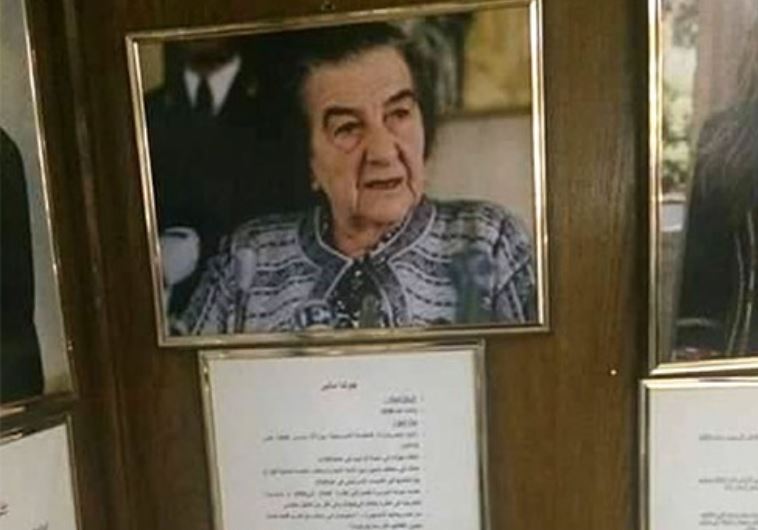Egyptians on social media were shocked over the weekend after a museum in Giza near the capital Cairo displayed a picture of the fourth prime minister of the Zionist occupation entity, Golda Meir.
 Egyptians on social media were shocked over the weekend after a museum in Giza near the capital Cairo displayed a picture of the fourth prime minister of the Zionist occupation entity, Golda Meir.
Egyptians on social media were shocked over the weekend after a museum in Giza near the capital Cairo displayed a picture of the fourth prime minister of the Zionist occupation entity, Golda Meir.
Meir – who was prime minister during a Middle East war between Egypt and the Zionist entity in 1973 – was displayed as part of an exhibition about leading women figures hosted by the Pharaonic Village in Giza.
"The Pharaonic village has placed [Golda] Meir among pioneering women. This is a scandal,” prominent writer Farida Choubachy tweeted.
According to Al-Ahram, a photograph of the Golda Meir section of the exhibit went viral on social media, prompting a backlash against the museum in the Pharaonic Village of Giza.
The head of the museum, Abdel-Salam Raged, apologized in the face of the strong popular reaction in an attempt to calm the uproar, justifying his fault by saying claiming that "the exhibition includes statues and photos of 70 women figures from all over the world that have affected our lives, whether in a positive or negative way, starting from ancient Egypt until now."
"I offer my apology for this mistake by organizers of the exhibition," he added.
Military expert Adel Suleiman blamed the move to display Meir’s photo on "lack of awareness."
"Golda Meir’s photo displayed in Cairo, not Tel Aviv. It’s an example of the nation’s awareness being washed away," he tweeted.
Meir – who was elected prime minister in 1969, resigned in 1974, one year after a war between Egypt and the Zionist entity over the Sinai Peninsula, which the self-proclaimed state occupied in 1967.
Despite the signing of a landmark peace treaty in 1979, Egypt and the Zionist entity remain in a state of cold peace.
The Zionist enemy, which had occupied Egypt's Sinai Peninsula for six years prior to the 1973 Arab-Zionist War, is still seen in an overwhelmingly negative light among much of the Egyptian public.